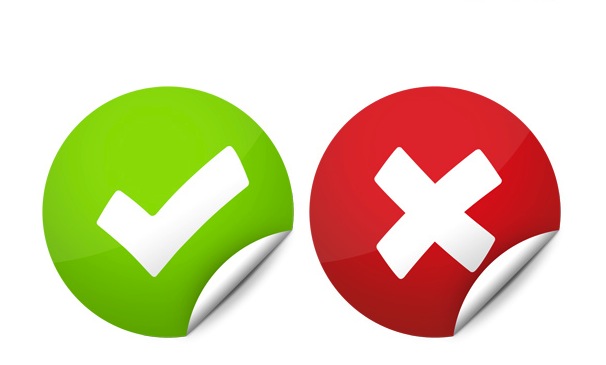Are there ethics in advertising? It depends on the agency.
If you work in advertising, you spend a lot of their time dealing with ethical choices, and those choices are almost never black and white. They’re subtle shades of grey that sometimes require an advanced degree in philosophy to parse.
Telling the truth seems like a pretty basic ethical standard. The world’s best example of truth in advertising may be a tiny “Help Wanted” ad that appeared in the London papers in 1900: “Men wanted for hazardous journey. Small wages, bitter cold, long months of complete darkness, constant danger, safe return doubtful. Honor and recognition in case of success. – Ernest Shackleton.”
Englishmen being what they are, the ad drew an overwhelming response. And Shackleton’s Polar expedition turned out to be far worse than his bleak copy promised – a rare case of an advertisement over-delivering on its claims.
Now let’s look at a more subtle shade of truth in this infamous Volvo commercial. In a real-life monster truck show, the Volvo was the only car left uncrushed – a great idea for a commercial! But to make the ad, the film company needed to shoot several takes. So they reinforced the beams inside the car to stand repeated squashing. When this came out in the press, Volvo was pilloried and their ad agency got fired, ultimately going out of business. Did it serve them right? Or was it a bum rap? No question the demo was rigged. But what it showed was the truth: if a monster truck runs over you once, you’re safer in the Volvo.
Ads for reputable companies almost never lie. They have to be able to prove what they say to their own corporate counsel, the ad agency’s lawyers, the network’s approval committees and to any number of regulating bodies like the FDA and the FTC. With at least five different government agencies looking over our collective shoulder, the cost of being caught cheating is simply too high.
So at birdsong gregory, we always strive to tell the truth – but not always the Whole Truth. Like lawyers, our job is to put our clients in the best light. When you go on a job interview or a first date, you don’t assume a false identity – but you probably don’t make a full disclosure either.
Of course, a lot of people question the ethics of selling consumers things they don’t need – which presupposes that we shouldn’t have the things we don’t need but want anyway. We don’t need 90% of the stuff in our apartments. We don’t need artwork, among other things. Neanderthals didn’t need cave paintings, but they sure brighten up a grotto. Why did so many of us bring bottled water – that we paid for – into this meeting room today, when carrying a canteen of tap water is so much more… rational?
Advertising isn’t just about the things we buy. It’s about how we feel about those things – and how those things make us feel about ourselves. And that, IMHO, is what makes it interesting.


